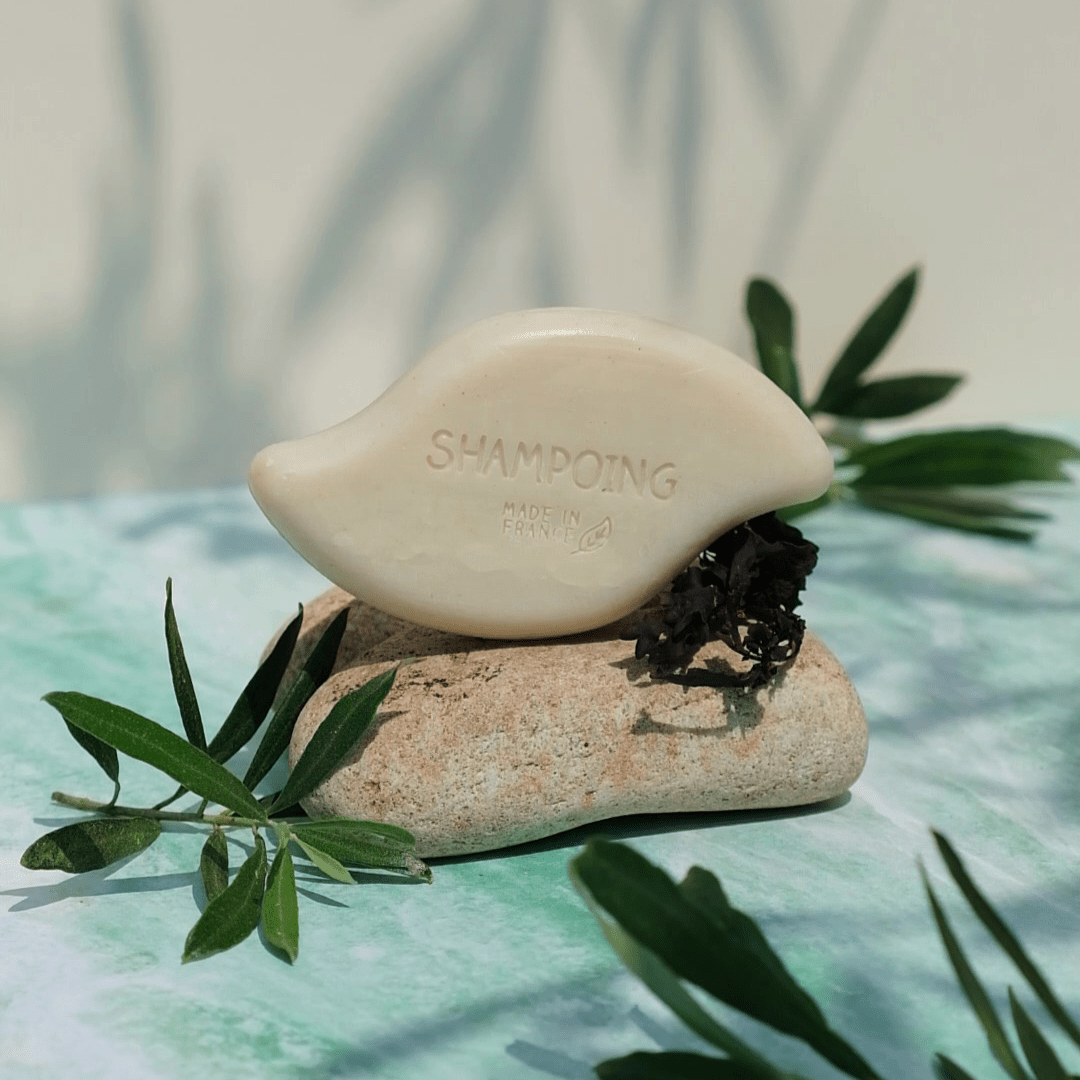The Current Ecological Context
In a world that is increasingly aware of environmental issues, consumers are seeking to adopt more responsible behaviors. The cosmetics sector, often criticized for its excesses in terms of packaging and chemicals, finds itself facing a major challenge: that of reinventing its practices to align with consumers' ecological expectations. It is in this context that solid cosmetics brands are emerging as a promising solution.
A sustainable response to environmental challenges
Solid cosmetics stand out for their ability to significantly reduce the ecological footprint. Unlike traditional products, they do not need plastic packaging and are often sold in minimalist, compostable packaging. In addition, by being devoid of water, these products are more concentrated, which reduces their size and weight, and therefore reduces CO2 emissions linked to transport.

The advantages of solid cosmetics
A healthier composition
Solid products are often formulated with natural ingredients and without preservatives, because the absence of water reduces the risk of bacterial proliferation. This means consumers can enjoy skin and hair care without exposing their bodies to potential harmful substances.
Economy and practicality
Another significant advantage of solid cosmetics is their lifespan . By being concentrated, they generally last longer than their liquid counterparts. Furthermore, these products are particularly practical for travelers: they do not tip over, do not require compliance with the rules for transporting liquids and take up less space in luggage. The Passion Marine powder shower is a very good example.

Circular economy and zero waste
Solid cosmetics brands are often part of a circular economy approach. They encourage the recycling and reuse of packaging, and even the use of refillable packaging. This approach not only reduces waste but also raises consumer awareness of the importance of their own environmental impact.
A social and local commitment
Many solid cosmetics brands favor short circuits and partnerships with local producers. By choosing ingredients from organic and fair trade farming, they also support the economic and social development of local communities.
Future prospects for solid cosmetics
Innovation and diversification
The growing demand for more environmentally friendly products is pushing brands to innovate. We are witnessing the emergence of new categories of solid products: conditioners, toothpastes, deodorants , skin care and even makeup. This diversification is a positive sign for the future of the solid cosmetics market.
Consumer awareness and education
For solid cosmetics to become a norm, it is essential to raise awareness and educate consumers. Brands play a crucial role in providing transparent information about the ingredients, manufacturing processes and environmental benefits of their products. Awareness initiatives may also include workshops, events and social media campaigns.
Collaboration and regulation
The future of solid cosmetics also relies on close collaboration between companies, NGOs and government authorities. Stricter regulations on single-use plastics and chemical preservatives could accelerate the adoption of solid products. Additionally, partnerships with environmental organizations can build brand credibility and increase their positive impact.
It’s clear that strong cosmetics brands have immense potential to transform the beauty industry. By offering healthier, more sustainable and more practical products, they meet the expectations of consumers concerned about their ecological impact. To learn more about solid cosmetics and discover innovative products, visit Passion Marine .










